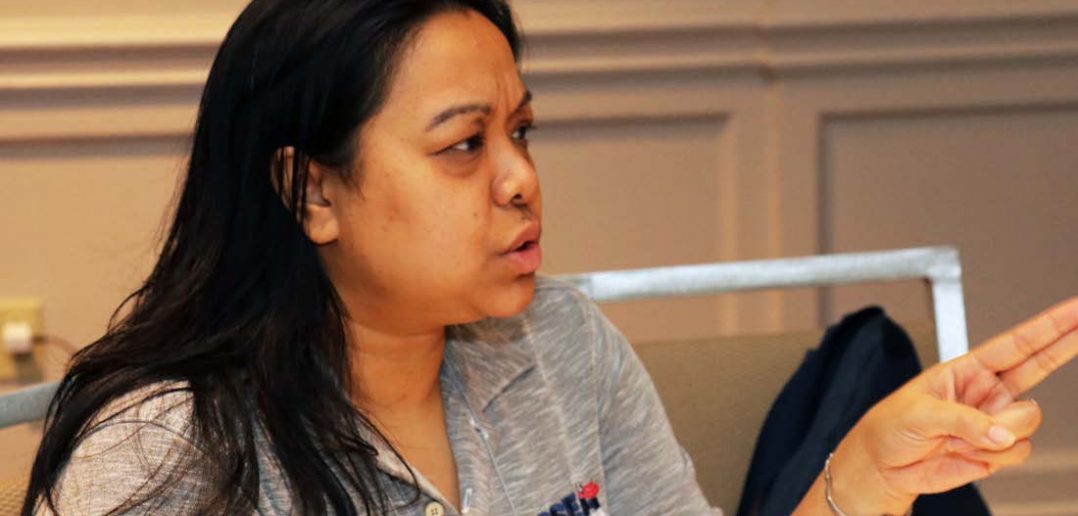BUFFALO — For Sandra Suy, Section 1st Vice President at Erie County’s Department of Social Services, Asian American and Pacific Islander (AAPI) Heritage Month is deeply personal.
As a proud Chinese American and longtime CSEA member, she’s witnessed the power of cultural recognition—and the pain of its absence.
“In my 16 years working for Erie County, this was the first year we celebrated Lunar New Year,” said Suy. “Growing up in America, I saw Martin Luther King Jr. Day celebrated. I saw Columbus Day celebrated. But never anything from the Asian community.”
While she has seen Juneteenth events and growing awareness around diversity, she’s clear-eyed about how far there is to go.
For Suy, the lack of visibility and cultural inclusion underscores a broader issue—stereotypes and systemic barriers that many workers in the AAPI community face.
“People think we’re all good at math,” she said, with a smile. “But we have strong voices and opinions that matter. We’re not all quiet or the same.”
She’s candid about the challenges AAPI workers face within union spaces.
“There’s a glass ceiling,” she said. “Advancement tends to go to Caucasian or Black workers. As an Asian American, if you speak out, people say you’re not Chinese. If you stay quiet, you’re seen as complacent.”
Despite this, Suy encourages her colleagues who are in the AAPI community to step into leadership and union involvement.
“When in doubt, you want to get involved,” said Suy. “Before you say, ‘What are they doing for me?’ Ask yourself, ‘What did I do for myself?’”
Suy recently transferred to a new department where she’s noticed a greater emphasis on education and awareness.
“Most people there have bachelor’s or master’s degrees, and I think that makes a difference,” said Suy. “There’s more openness, more respect.”
She believes unions like CSEA must do more to uplift AAPI voices, not just during Heritage Month, but year-round.
“We need to teach that this was earned by a lot of somebodies,” she said. “The next generation—especially the Tier 6 workers—are watching. They’ll vote based on how they’re treated. If we don’t change, we’ll be left behind.”
For Suy, recognition is more than a celebration—it’s a call to action. AAPI workers have always been a vital part of the labor movement, and now more than ever, they deserve to be seen, heard, and supported.
— Sara McNicholas





